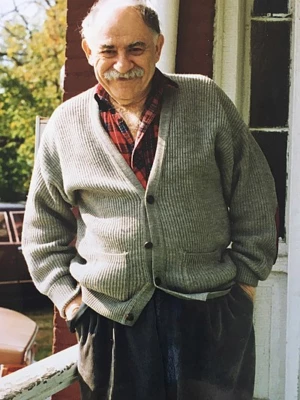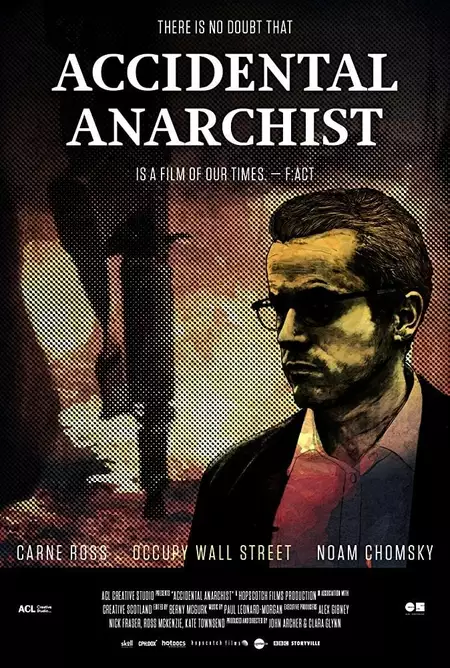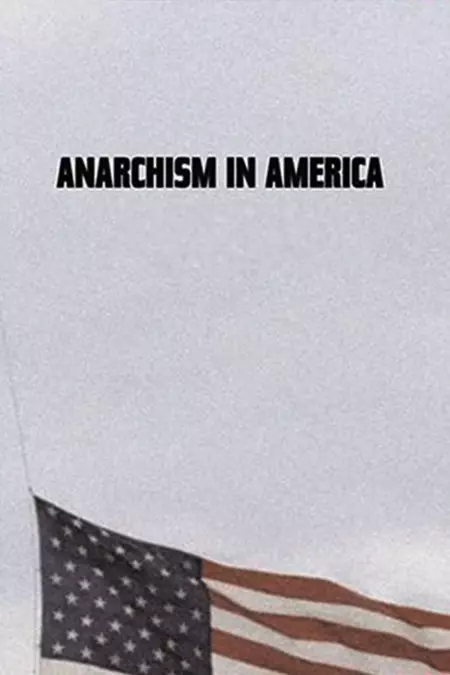Biography
(No Information)
Filmography
all 3
Movies 3
self 3
Information
Known ForActing
GenderMale
Birthday1921-01-14
Deathday2006-07-30 (85 years old)
Birth PlaceThe Bronx, United States
Religionatheism
RelationshipsBeatrice Bookchin (1951 - 1963)
ChildrenDebbie Bookchin
CitizenshipsUnited States
This article uses material from Wikipedia.
Last updated:
Image credit: Debbie Bookchin, CC BY-SA 4.0, via Wikimedia Commons
 Murray Bookchin
Murray Bookchin- Filmography
- Information


